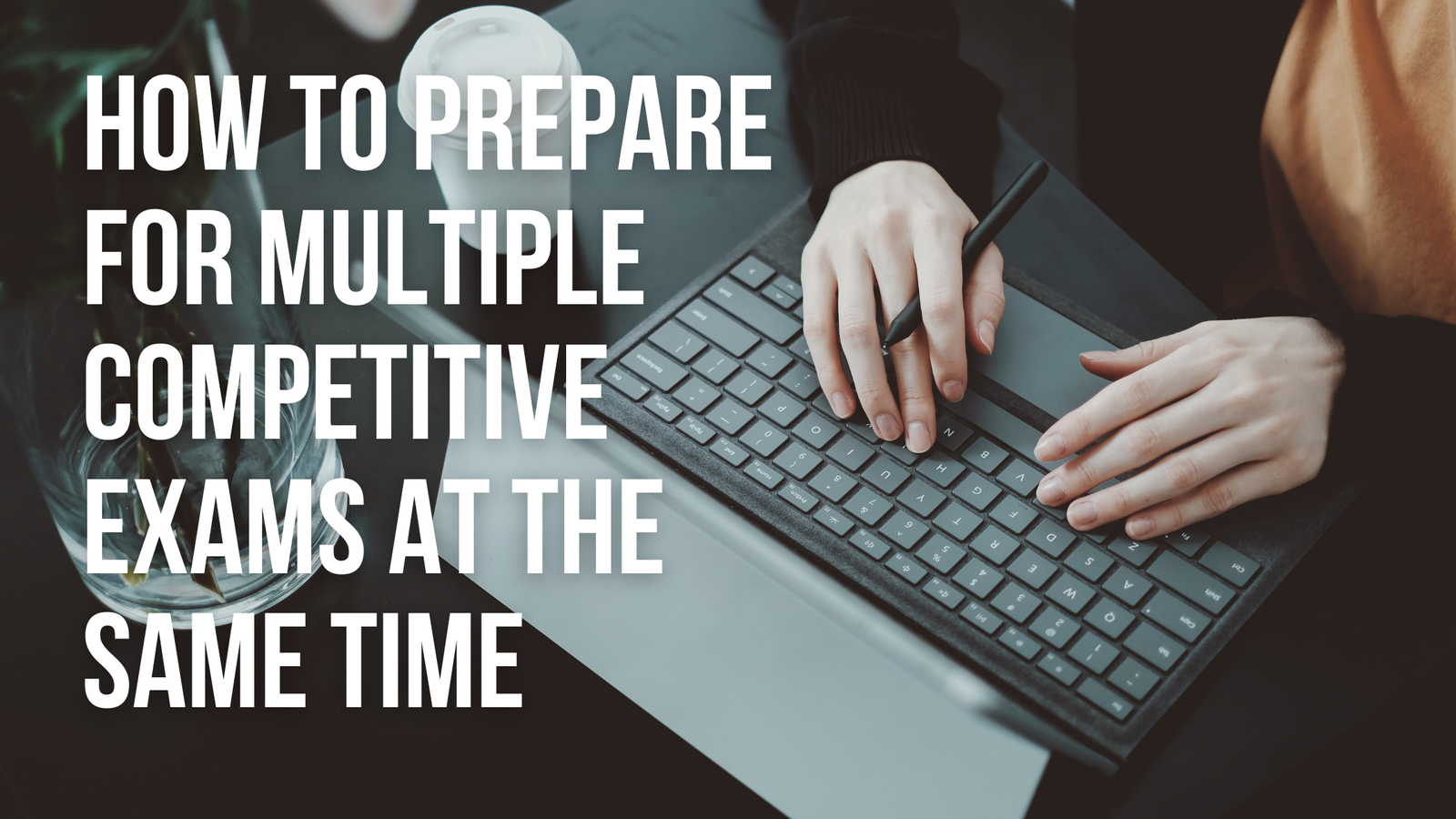🧠 Why Working Professionals Need a Different Strategy
Unlike full-time students, working professionals face unique challenges:
- Limited time due to office hours and commuting
- Mental exhaustion after work
- Less flexibility in scheduling
- Distractions from family or social responsibilities
Therefore, a regular study plan that works for a student may not be suitable. You need a plan that is focused, achievable, and efficient.
🕒 Daily Study Plan for Working Professionals
Here’s a sample weekday study plan (for someone with 9 to 6 job hours):
🌅 Morning Session (6:00 AM – 8:00 AM)
- Reasoning (30 mins) – Practice puzzles and syllogisms.
- Quantitative Aptitude (45 mins) – Focus on 1-2 chapters per week.
- Revision (15 mins) – Quick brush-up of formulas or vocab.
🕘 Office Hours (9:00 AM – 6:00 PM)
- Utilize breaks or commute time to:
- Read Current Affairs from an app or PDF.
- Watch short YouTube explainer videos.
- Attempt one or two quiz questions from a mobile app.
🌆 Evening Session (8:00 PM – 10:00 PM)
- English Language (30 mins) – Focus on comprehension and grammar rules.
- General Awareness (30 mins) – Read static GK and current events.
- Mock Test Analysis (30 mins) – Review mistakes and correct solutions.
🔁 Note: Don’t attempt full-length mock tests on weekdays unless you have time off. Reserve them for weekends.
🗓️ Weekend Study Plan (Saturday & Sunday)
- Full-Length Mock Test (2 hours) – Mimic real exam conditions.
- Mock Test Analysis (1 hour) – Learn from errors and weak areas.
- In-Depth Topic Study (3-4 hours) – Focus on areas you find difficult.
- Optional Group Study/Online Class (1-2 hours) – For interactive learning.
📌 Study Plan Tips to Maximize Efficiency
1. Set Clear Weekly Goals
Instead of daily targets, set weekly goals. For example:
- Complete 3 chapters of Quantitative Aptitude
- Revise current affairs for the last 15 days
- Finish 2 full-length mock tests
Weekly goals allow flexibility when workdays get hectic.
2. Follow the “20-20-20 Rule”
If you’re short on time, divide an hour into three focused 20-minute slots:
- 20 min – Practice questions
- 20 min – Concept revision
- 20 min – Flashcards or current affairs
This keeps your momentum going even on busy days.
3. Focus on High-Yield Topics
Cover important and frequently asked topics first. For example:
- Quant: Number system, simplification, DI, percentage
- Reasoning: Seating arrangement, coding-decoding
- English: Error spotting, reading comprehension
- GK: Banking awareness, history, polity
4. Use Mobile Apps & Audio Learning
During travel or free time, use:
- GK/Current Affairs mobile apps
- Podcasts or audio lectures
- Flashcard apps like Anki for vocabulary
5. Take Care of Health
Good physical and mental health is essential.
- Sleep at least 6–7 hours
- Take short breaks to avoid burnout
- Practice meditation or light exercise daily
📚 Recommended Resources
- Free Mock Tests: [Your Website] – FreeOnlineExams.com
- Current Affairs: AffairsCloud, GKToday, or GradeUp
- YouTube Channels: Study IQ, Adda247, Unacademy
- Books:
- Quantitative Aptitude by R.S. Aggarwal
- Word Power Made Easy by Norman Lewis
- Lucent GK for Static GK
✅ Final Words: Success Requires Consistency
If you’re a working professional, you already have the discipline and time-management skills needed to succeed. Use them to your advantage. Even 2–3 hours of smart study daily can make a big difference if you stay consistent.
Don’t compare your preparation journey with others. Some people may study 8–10 hours, but you’re optimizing your 3–4 hours effectively. That’s what matters.
Remember:
“You don’t need more time, you need better priorities.”
Stay focused, stay patient, and keep pushing forward. Your government job dream is within reach.







